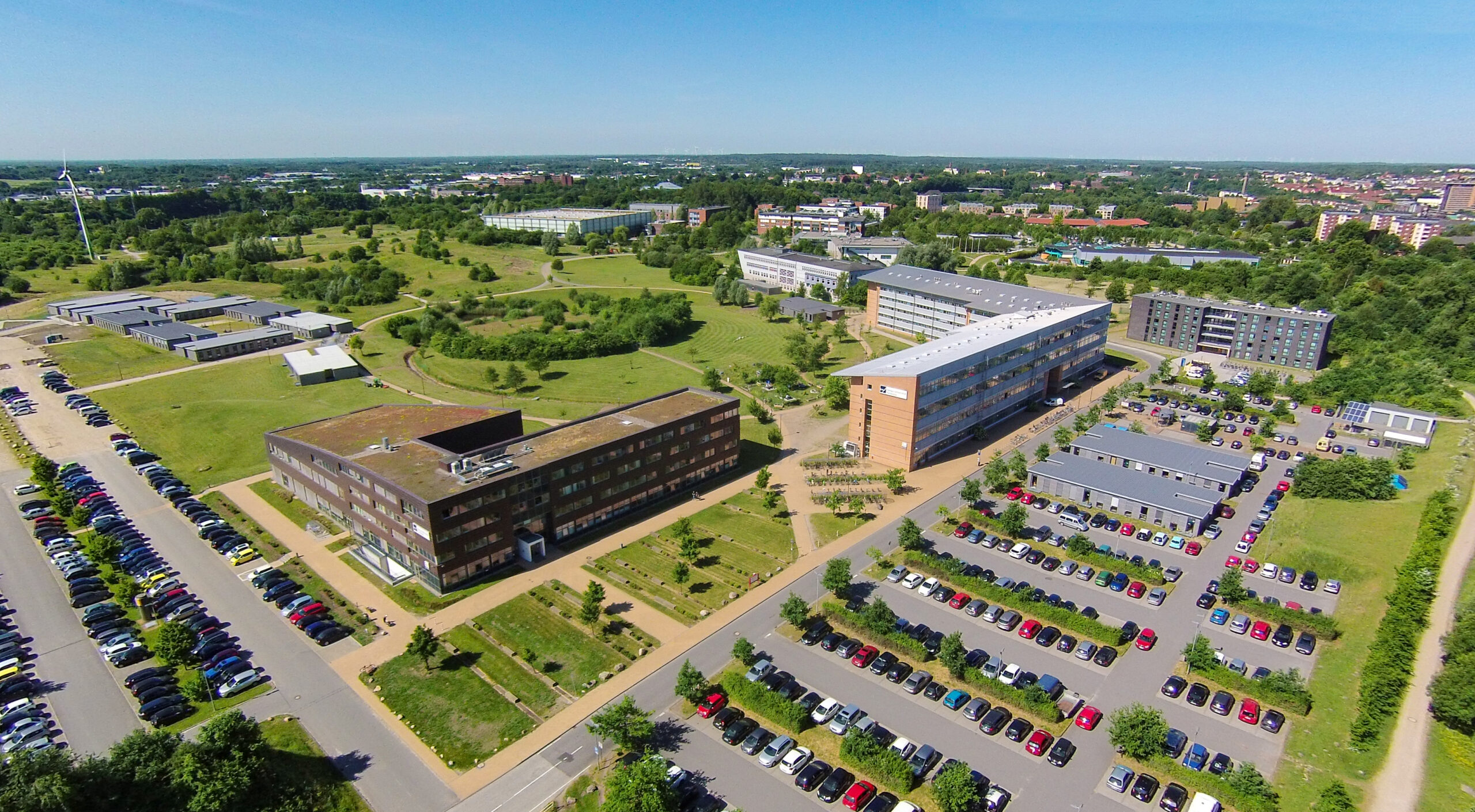Spaces of Decolonial Education – Interdisciplinary Perspectives on Racisms under Postcolonial Conditions
Flensburg Campus Talks in the Spring Semester 2025
With this series of events, the organisers from the Institute of Educational Sciences want to create a space to explore and differentiate different approaches, methods and associated spaces of anti-racist and decolonial education in formal, non-formal and informal educational practice from an interdisciplinary perspective.
Together with actors from academia, educational practice, educational administration and civil society, the discussions will focus on the fields of school, out-of-school educational work, adult education and university, among others.
All events in this series are in German. A total of four discussions will take place in the spring semester of 2025:
9th of April, 4-6pm: Noa K. Ha, German Centre for Research on Integration and Migration (DeZIM) Berlin: The European City: Postcolonial Conditions after 1989 in the “New Berlin”, Room: HEL066
Berlin, a city that became the capital again after the Cold War and the reunification of Germany. To shed light on post-colonial conditions after 1989, the focus is on how questions of belonging and national identity are negotiated through urban symbols and access to resources. These representative and social negotiation processes are embedded in new narratives of the European and the European city, which have gained importance since the end of the Cold War and have decisively shaped Berlin’s urban development. From a postcolonial perspective that critically interrogates racism and focuses on the experiences of racialised groups in a post-migrant society, it becomes visible how Berlin is a place of constant negotiations over resources, belonging and the design of urban spaces.
23rd April, 6-8pm: Spaces of decolonial education – A panel discussion, Venue: Theaterwerkstatt Pilkentafel
Discussants: Saraya Gomis (Educator and former State Secretary for Diversity and Anti-Discrimination in Berlin); Medi Kuhlemann (State Coordination School without Racism SH), Aljoscha Tischkau (City of Flensburg, Children and Youth Office), Saman A. Sarabi, (University of Bremen) Moderator: Denise Bergold-Caldwell and Inken Carstensen-Egwuom, European University Flensburg
Social institutions – and especially places of education such as universities, schools, educational institutions, but also theatres and art and cultural mediation – are interwoven with (post-)colonial and racist structures. Nevertheless, for a long time in Germany, this issue has been addressed only reluctantly. Slowly but steadily, thanks to increasing public demand, a discourse on colonial legacies and entanglements is emerging. This is creating opportunities and spaces for decolonisation. The panel discussion is dedicated to these spaces in children’s and youth work, schools, art education and anti-discrimination work and tries to explore what these spaces look like, how they can be created and shaped, but also how they can be maintained in the face of socio-political changes and a lack of resources. We will also recall past coping strategies, look at moments of empowerment, and imagine futures that allow us to act together despite moments of crisis.
8th May, 4-6pm: İnci Dirim, University of Vienna: Linguicism in the multilingual migration society, Room: HEL 067
A British accent in German sounds pleasant to many people’s ears and makes them curious about the person speaking. Other accents often lead to the person speaking being considered ‘stupid’, regardless of what is said. The reason for this is linguicism, a form of racism that dates back to colonial times. At that time, it was not only physical characteristics that were used to exclude and subjugate people, but also linguistic ones. Colonialism may be long gone, but not the linguistic ideas that continue to be effective and even influence us unconsciously. The aim of the lecture is to present the tradition of linguicism and its current forms in order to create an opportunity for (self-)reflection and action critical of linguicism.
11th June, 4-6pm: Peggy Piesche, Federal Agency for Civic Education: Black and queer-feminist perspectives in higher education and political education: Resistance, visions and practice, Room: HEL 066
This lecture highlights the importance of Black and queer-feminist perspectives in higher education and political education. It explores how these perspectives can challenge and transform hegemonic educational structures to create inclusive learning environments free from racism and discrimination. It focuses on theoretical foundations and practical implications for teaching methods and curriculum development, and introduces the Intersectional Black Studies (InBEST) model. It will discuss how Black and queer-feminist theories bring central questions of social justice, power relations and solidarity into the educational landscape and thus formulate a political claim. It will show how these approaches can contribute not only to the emergence of resistance, but also to creative visions for a more just future.
More information on the lecture series can be found here.
